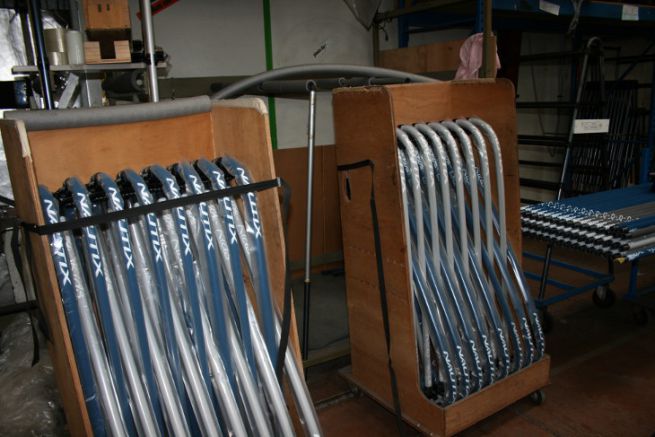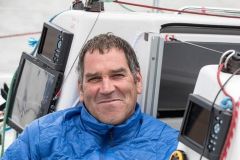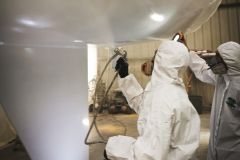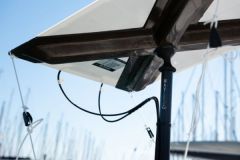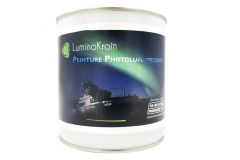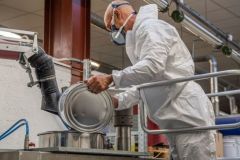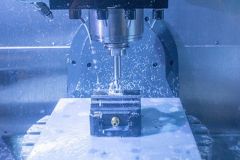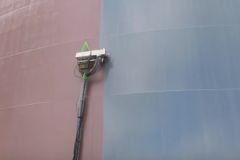Nautix, from plastic injection to windsurfing
Nautix was founded in 1980. Jean-Yves Langlois and Hervé Famelard, former members of the nautical equipment manufacturer Plastimo, created the company together with a view to making plastic injection for their former employers. They then develop a front windsurfing handle, then a rear handle, until they make entire booms. Windsurfing took off and became an essential activity for Nautix, reaching its peak in 1986/87. The company produces all the elements except its sails and covers.
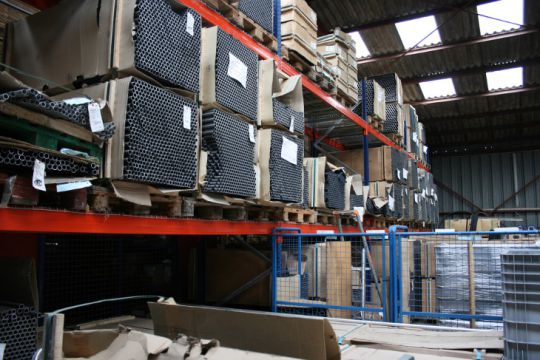
Stock of tubes for booms
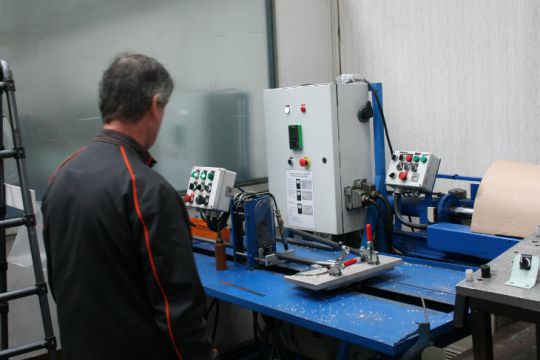
Bending of a boom
"Nautix's DNA is to design and produce at Guidel," explains Matthieu Taburet, who took over the company in 2010 with his partner Maxime Delbury. To make the best use of its machine fleet, the company also produces plastic injection parts as a subcontractor for industrial customers outside and in the nautical industry, such as Plastimo or the Bénéteau group.
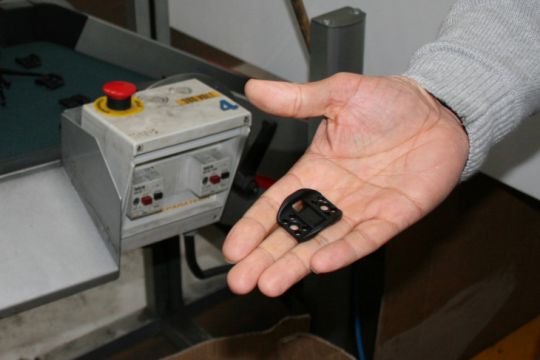
Injection part
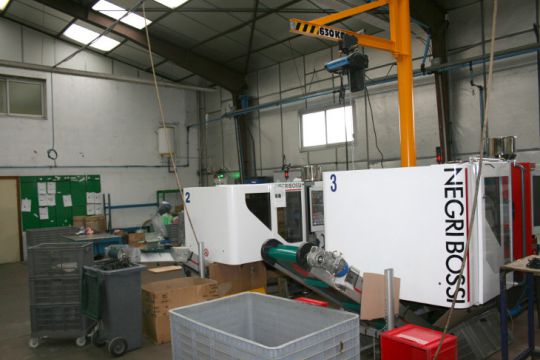
Plastic injection moulding machine
Diversification in marine painting
In the 1990s, windsurfing declined and Nautix sought to diversify. "In the golden age, there were 1 million windsurfers sold worldwide. Today, there are between 40,000 and 50,000 of us," says Matthieu Taburet. "We started in marine painting because our plastic suppliers also had resins. The founders had a good knowledge of the market due to their history at Plastimo and there was only one competitor in the market at the time: International."
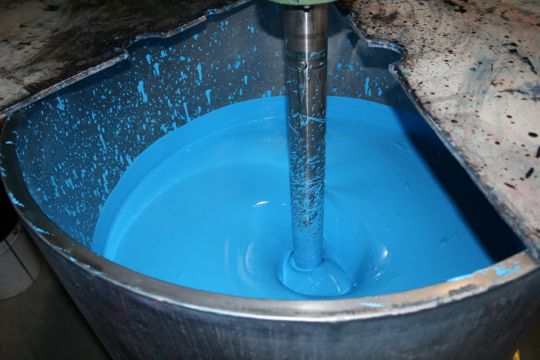
Preparation of a Nautix antifouling
Nautix's latest diversification, the company launched its website tube-alu.com. Designed for direct sales, it is an outlet for the multiple plastic injection connectors developed by the SME.
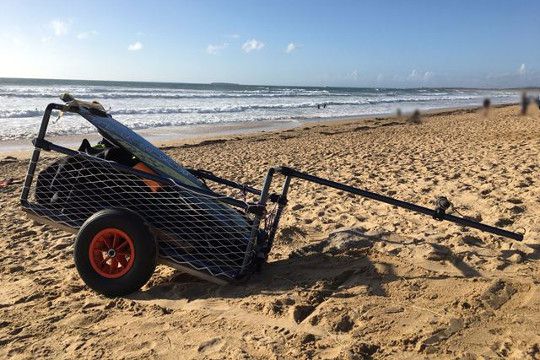
Beach trolley made with Nautix connectors
Antifouling and paints, Nautix pillars
Nautix employs 23 people. Its turnover is ?4.1 million. Marine painting is the main activity, accounting for 55% of the volume. Windsurfing represents 30% of the turnover, while industrial subcontracting completes the remaining 15%. Mainly sold in France, Nautix products are exported for 35%. The main markets are Spain, Greece, the United Kingdom and the Caribbean Arc.

